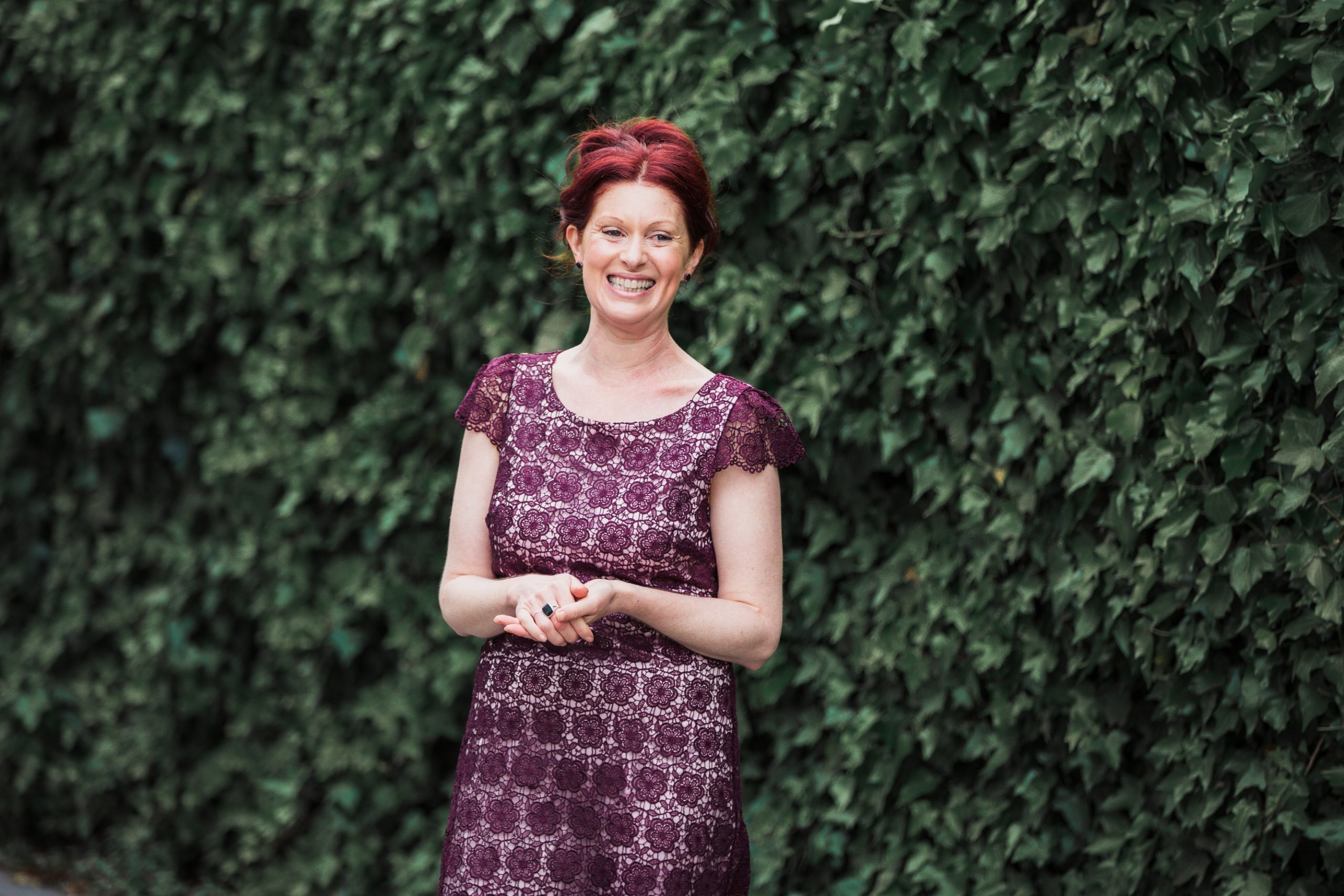Why Perimenopause Feels Harder for Us Than It Did for Our Mothers
As I've been navigating perimenopause and all of the changes and challenges that it has brought for me, I've wondered a lot about how the women in my family of previous generations have experienced this transition.
My mother died at the age of 38 when I was just 11, so she likely didn't get to begin to experience any of the changes (although the early changes of perimenopause can begin for some women in their late thirties). I asked one of her sisters, my aunty, what it had been like for her and from what she described it was barely noticeable, just a gradual and consistent lightening of her period until it petered out to nothing, almost a non-event. Whilst an easy, barely noticeable transition into menopause will be the experience of some women of our generation, for the majority of women there seems to be an increase in symptoms and turbulence during this time of life compared to what our mothers and grandmothers experienced. But it's not because we're weaker or more self absorbed. It's because the demands and the pace have life have increased meaning that we're arriving at this stage of our lives often already depleted and overstretched.
Here's why this generation of women is carrying a uniquely heavy load:
We're Doing More Than Ever
Women today are often juggling careers, parenting (sometimes both young kids and teens), caring for ageing parents, managing households, and trying to stay on top of it all. The mental load is constant. Our mothers may not have had the same demands on their time, attention, or nervous systems. Burnout is more common, and perimenopause can tip us over the edge.
Our Stress Levels Are Through the Roof (and this has become normal!)
We live in a world that is faster, louder, and more demanding. Notifications never stop. Productivity is celebrated and chronic stress is normalised. All of this impacts our nervous systems and hormonal balance. Cortisol, our stress hormone, can further disrupt estrogen, progesterone, and sleep all of which will perimenopausal symptoms worse.
We're More Isolated Than They Were
Our mothers' generation often had more face-to-face connection-extended family nearby, neighbors who dropped in, communities built local activities, schools, or churches. Many women today are trying to manage everything largely behind closed doors. Societal busyness means that we're not getting to spend quality time connecting with friends or those around us because we're all 'just too busy', leading to feelings of disconnect and loneliness. Perimenopause can feel isolating and loneliness makes emotional changes in perimenopause feel more intense.
Social media has added a whole new layer of pressure.
We're bombarded with images of women who seem to be ageing backwards, running marathons, running businesses, and raising perfect children. It creates unrealistic expectations. In contrast, our mothers didn't have Instagram telling them they should be glowing through peri/menopause.
We're More Aware-and Less Supported
While we have access to more information than any generation before us, we're still underserved by the medical system. Many women are dismissed or misdiagnosed. And while our mothers might have accepted "the change" as just part of life, many of us are seeking answers-and hitting walls.
We Carry Generational and Emotional Baggage
Many women today are doing deep emotional work-healing childhood trauma, breaking cycles, unlearning conditioning. Perimenopause can bring up unresolved emotions and identity questions. During this phase of life we're not just facing hormonal and neurological changes-we're also faced with unresolved traumas and wounds and deeply questioning ourselves and our lives, and quite often that's confronting.
If you're finding perimenopause harder than you expected, it's not because you're failing or that you need to just 'toughen up and get on with it'. It's because you're doing it in a world that wasn't built to adequately support you in this stage of life.
Need some additional support through perimenopause? Naturopathy, coaching and breathwork can really help along the way.
Links are at the bottom of the email if you'd like to book an appointment.
Have a great week,
Annabel
Book an appointment:
Initial Consultation (new clients):
https://blossomwellbeing.as.me/initial-consultation
Follow up consultation (current or returning clients):
https://blossomwellbeing.as.me/naturopathic-review-appointment-online


